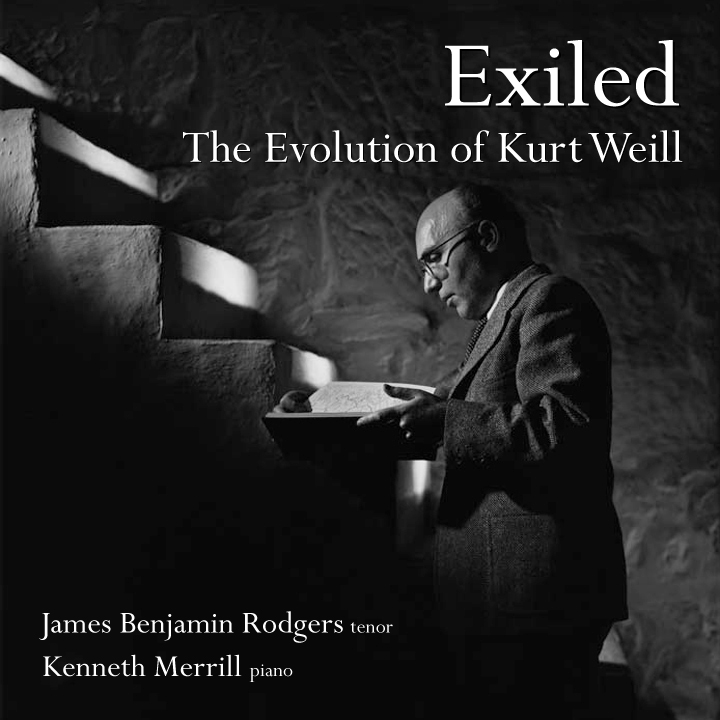book and lyrics by Paul Green.
- English
Original Text
When man was first created
I'm sure his maker meant
him for some good intent,
kind heart and love, forgiving wrong.
And though through ages fated
to climb our wandering way
at last we'll find the day
when joy shall be our song
I hear them say it's all bologna,
the word's a mighty cruel place,
with tooth and straw and promise phonny,
and old hard guy who wins the race.
But you and I don't think so,
we know there's something still
of good beyond such ill
within our heart and mind
And we'll ever lose our faith and hope
and trust in all man kind.
We'll work and strive while we're alive
a better way to find.
As up and down I wander
my weary way and long,
I meet all kinds of folks
who listen to my song.
Lyrics by Paul Green
Breaking New Ground
As the premier approached of what seemed like it was going to be an enchanting and powerful piece, disaster struck. The only Broadway theatre available was the massive 44th street Schubert. It is important to put this circumstance in context. The members of The Group Theatre were actors, not singers. Weill had written the lines to be within their comfortable range and to be naturally sung. He, and everyone else in the production, had an intimate space in mind throughout their preparation. What they got was closer to an Opera House and none of the actors could be heard. The early previews were disastrous; audience members walked out and the production appeared to be doomed. However, Weill remained calm throughout the process and with some revisions and adjustments the opening night was relatively successful. Weill’s music received high praise: “A delectable and fascinating score by that brilliant German exile” said the Herald Tribune. “Weill has written some of his best music…” Blitzstein wrote in Modern Music Magazine. ”…he has practically added a new form to the musical theatre.”
Although Weill again explored new stylistic territory with his introduction to the Broadway stage, he continued to employ that bitter irony which he had used to masterful effect in earlier works. In an interview during the lead up to the opening of Johnny Johnson, Weill spoke about the “Song of the Guns” a moment in the show where the frontline cannons are given musical life:
“Instead of doing what most composers would do – make the music grim and stark, I wanted it to be seducing, as if sung by prostitutes, for cannons are like prostitutes: their metal could have been used for better purposes, and ..... they do anybody’s bidding, right or wrong.” Despite a geographical shift, the fundamental elements of Weill’s theatrical principles had clearly not changed.
Weill’s first American work closes with what can only be described as a heartbreaker. Johnny has begun the play as a small town American boy, nascent, idealistic and naive. By the finale he has witnessed the horrors of war, been committed to a mental institution for his efforts to secure peace, and aged beyond his years. In the final scene we find him alone, standing on a street corner, selling toys. In the background the cries of a war rally emanate from a nearby stadium. In a simple plea for an end to this insanity, Johnny raises his voice.
